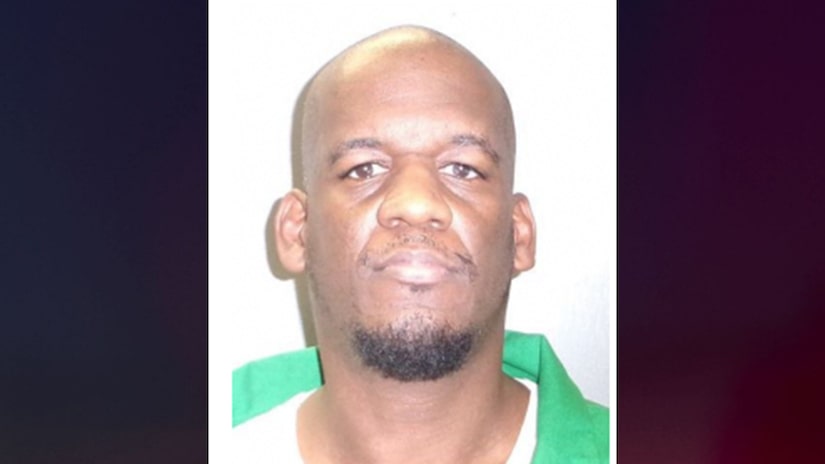LEXINGTON, S.C. (TCN) — A serial killer was resentenced to life in prison two years after a federal appeals court overturned his death sentence in part because of his mental health.
WLTX-TV reports a judge in Lexington County ordered Quincy Allen to spend his life in prison without the possibility of parole for fatally shooting Dale Hall in July 2002 and Jedediah Harr in August 2002. Both shootings occurred in Richland County.
According to the U.S. Fourth Circuit Court of Appeals, Allen went on a shooting spree in the summer of 2002. On July 7, 2002, he shot a man lying on a park bench. The man survived, but Allen told police he shot the victim because he needed “target practice.” Three days later, he went on a break at his job at Texas Roadhouse Grill and picked up Dale Hall. He drove her to an isolated street and shot her in the thigh, torso, and mouth. After, Allen poured gas on Hall’s body and set her on fire.
The court opinion says Allen “made his way back to work to continue serving the dinner crowd.”
On Aug. 8, 2002, Allen got in a dispute with two sisters at the restaurant, and he threatened to slap one of the women “so hard that her baby would have a mark on it.” The woman’s boyfriend then showed up with Harr. The men had a physical altercation, and Allen shot at the boyfriend. The bullet, however, missed the boyfriend and struck Harr in the head. He set the boyfriend’s porch on fire hours later.
Allen continued to set different cars on fire and point his gun at people.
After shooting Hall and Harr, Allen fled to New York. He stopped in North Carolina on his way back and killed two other people before he was apprehended in Texas on Aug. 14, 2005. He pleaded guilty to two counts of first-degree murder, two counts of armed robbery, and one count of larceny of an automobile in connection with the North Carolina murders. He was sentenced to life, but the court determined there was “convincing” evidence that Allen was mentally ill.
Allen was indicted in September 2002 for two counts of murder, assault and battery with intent to ill, second-degree arson, two counts of third-degree arson, and pointing and presenting a firearm. Allen reportedly claimed he killed people because “while he was incarcerated, an inmate told Allen that he could get Allen a job as a mafia hit man.”
He pleaded guilty in February 2005. His attorney at the time reportedly “explicitly and repeatedly asked the trial judge if he would return a life sentence if Allen pleaded guilty.”
Specialists brought in by the defense testified at Allen’s sentencing phase, many of whom diagnosed Allen as having schizophrenia and rumination disorder. The specialists who testified for the prosecution “generally agreed that Allen had antisocial personality disorder” but did not think he was schizophrenic.
He was sentenced to death on March 18, 2005. The judge who sentenced him said he did not see “convincing evidence that Mr. Allen had a major mental illness at the time of the crimes in 2002.”
Allen appealed, in part saying his guilty plea “was involuntary because it had been induced by a promise of a life sentence from the judge.” His conviction and death sentence continued to be affirmed through the courts.
The circuit court opinions also cite Allen’s childhood, which was “marked by severe abuse and neglect,” as a mitigating factor.
The circuit court judges said in their reversal, “The sentencer in this case excluded, ignored, or overlooked Allen’s clear and undisputed mitigating evidence, thereby erecting a barrier to giving this evidence meaningful consideration and effect and eviscerating the well-established requirements of due process in deciding who shall live and who shall die.”
WLTX reports Richland County Sheriff Leon Lott disagreed with the new sentencing and said he was “very disappointed with the criminal justice system.”
Lott said, “He’s been a terror in the prison system and he will not stop.” Lott believes Allen “will kill again” because “he likes it.”
According to WIS-TV, Lott reflected on Allen’s string of crimes in the community, saying, “It’s the terror we had in our community. People were scared to death. We had a serial killer that had gone wild. And it scared our community. Everybody was scared.”
